
Nicamigos
Supporting Seattle University's Nicaragua Initiative
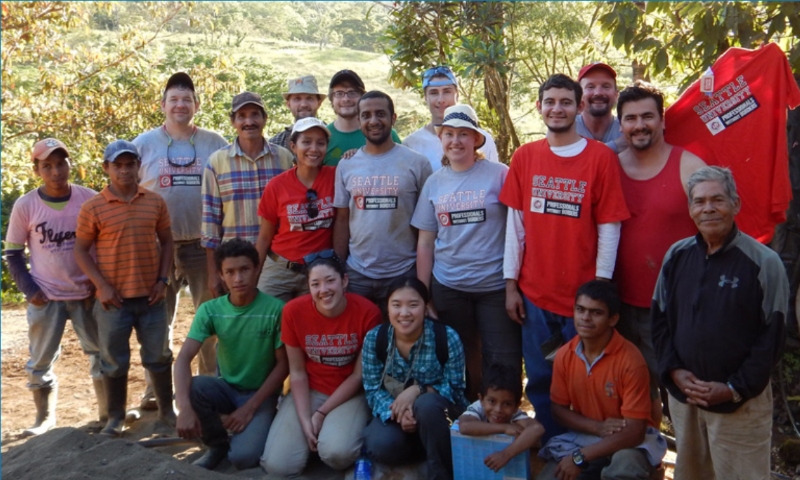
Nicamigos is made up of a group of alumni and friends of Seattle University, all of whom have a passion and commitment to work with Seattle University, the University of Central America (UCA), and the farmers of Nicaragua. Members have been actively collaborating with workers in Nicaragua to develop sustainable engineering solutions for well over a decade.
Nicamigos focuses on the importance of sustainable engineering projects and practices that promote the welfare of today's farmers, while ensuring their natural resources are protected for future generations. Seattle University has a natural partner in UCA, a sister Jesuit institution founded in 1960 to foster equitable human development through teaching, research and social engagement.
The Nicamigos directly benefits from the generous support of donors and volunteers. A donation can be made online here, or you can download a Pledge Form to help.
Solidarity with Nicaragua
Nicaragua has been experiencing a political crisis as protests have been violently repressed by government police and paramilitary forces across the country since April 2018. Seattle University and Nicamigos are asking the campus community for signatures of support for the people of Nicaragua, and especially our friends and colleagues at the Central American University (UCA).
Coffee Wastewater Treatment
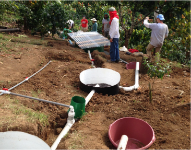 In December 2012, a team of bilingual Seattle University faculty and students convened in Nicaragua with UCA faculty/students and a local coffee cooperative (CECOSEMAC) to initiate a design project for treating coffee processing wastewater. The goal of this project was to optimize a previous design and create an effective solution to benefit small coffee farmers.
In December 2012, a team of bilingual Seattle University faculty and students convened in Nicaragua with UCA faculty/students and a local coffee cooperative (CECOSEMAC) to initiate a design project for treating coffee processing wastewater. The goal of this project was to optimize a previous design and create an effective solution to benefit small coffee farmers.
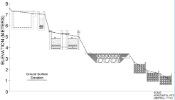 UCA students tested wastewater characteristics, Seattle University students designed an appropriate treatment system, and the combined groups of students tested and implemented the treatment systems on Nicaraguan coffee farms. To facilitate knowledge transfer and sustainability, two UCA students came to Seattle University for a week during summer 2013 to study water quality and water filtration system testing in our campus labs. Finally, funds were raised and a contingent of professors, staff, students, and alumni traveled to a farm outside Matagalpa and completed the installation in March 2015. An assessment trip is planned for 2016.
UCA students tested wastewater characteristics, Seattle University students designed an appropriate treatment system, and the combined groups of students tested and implemented the treatment systems on Nicaraguan coffee farms. To facilitate knowledge transfer and sustainability, two UCA students came to Seattle University for a week during summer 2013 to study water quality and water filtration system testing in our campus labs. Finally, funds were raised and a contingent of professors, staff, students, and alumni traveled to a farm outside Matagalpa and completed the installation in March 2015. An assessment trip is planned for 2016.
Sustainable Technology
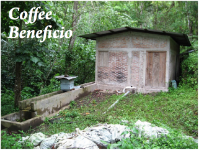 Other past collaborations with Nicaraguan partners included an ecologically sustainable coffee processing plant designed by Seattle University’s Senior Design Project Center for construction in Matagalpa (2008, shown right) and a drainage system for a Jesuit elementary school in Managua built by Seattle University’s chapter of Engineers Without Borders (2007, shown below).
Other past collaborations with Nicaraguan partners included an ecologically sustainable coffee processing plant designed by Seattle University’s Senior Design Project Center for construction in Matagalpa (2008, shown right) and a drainage system for a Jesuit elementary school in Managua built by Seattle University’s chapter of Engineers Without Borders (2007, shown below).
Our students have also designed improvements for a ceramic water purification filter (2007) for use by villagers and farmers, and helped develop a solar dryer for use in fruit processing that helps farmers in remote areas to get their goods to market while reducing spoilage (2004).
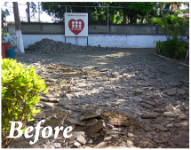
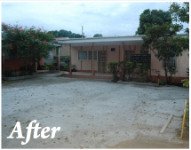
Future Projects
Seattle University has completed several engineering improvements in Nicaragua through its partnership with the UCA. However, more work is required to tackle additional challenges as well as refine the technological solutions that have been developed to date and scale them up in order to broaden the impact to Nicaragua’s farming community.
The Nicamigos wish to continue to support Seattle University in these endeavors, but to do so we need your help. Our focus for the next 5 years is related to reducing water quality impacts related to coffee wastewater processing and to address water resource concerns related to economic development, drought and climate change.
Each project under consideration will take a significant investment of time by professors and students. Financially, each project needs approximately $20,000 to help support field excursions and on-site investigations that support preliminary engineering designs, construction and/or follow-up observations to develop “lessons learned.”
Our next goal is to provide two student trips. One project will be an assessment trip to learn more about the status of water resource needs in the cattle ranching area of Juigalpa and the other project will be to measure the effectiveness of the wastewater treatment facility that was constructed in 2015.
Nicamigos' projects are made possible by:

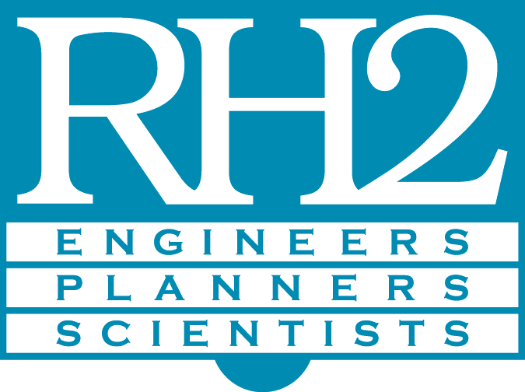
More Resources
- To support Nicamigos, please donate here or download a Pledge Form to donate.
- To find out more information about Nicamigos, Seattle University's Nicaragua Initiative, or volunteer opportunities, contact